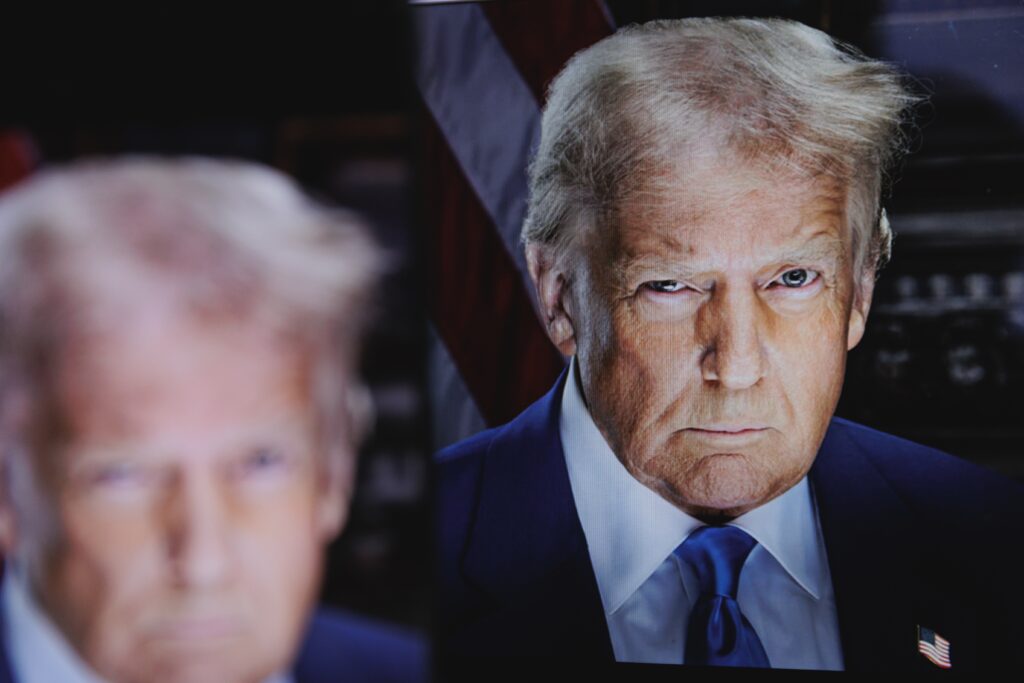President Donald Trump has taken steps to increase the production of key minerals in the United States. This move is designed to reduce the country’s reliance on foreign minerals, especially from countries like China. Trump issued an executive order using a law from the Cold War era to support this push.
Reducing Dependency on Foreign Minerals
The United States has long depended on imported minerals for many industries. These minerals are vital for the tech and defense sectors. Trump’s executive order aims to shift this trend. The order directs government agencies to focus on domestic mining projects. These agencies will offer both technical and financial help to increase mineral production within the U.S.
This decision comes at a time when trade tensions between the U.S. and China are rising. China controls much of the world’s supply of critical minerals. These minerals are crucial for U.S. industries, including military technology and electronics.
China’s Impact on U.S. Mineral Supply
Last year, China blocked the export of certain minerals to the United States. This action raised concerns about America’s over-reliance on foreign suppliers. The move pushed U.S. companies to seek other sources for essential materials. The blockage highlighted the risks in the U.S. supply chain, especially for minerals used in technology and defense systems.
Trump’s executive order is designed to strengthen the domestic mineral supply. The order stresses that reliance on foreign countries, especially those that may not be friendly to the U.S., is a threat to the country’s security and economy.
Foreign Mineral Dependence Is a National Threat
The executive order labels reliance on foreign minerals as a direct threat to national security. It warns that this dependency leaves the U.S. vulnerable to supply chain disruptions. In response, the order calls for swift action to expand domestic mineral production.
It also requires the Interior Department to speed up the process for granting permits for mining and processing. Federal lands are now expected to support more mining projects. While the U.S. has its own mineral reserves, it still depends on other nations for many of these critical resources.
Trade Tensions Affect Mineral Access
Trump’s trade policies, especially his tariffs on foreign goods, have strained relationships with countries like China and Canada. These tensions have made it harder for the U.S. to access important materials. The tariffs are part of a broader strategy to bring more production back to the U.S. and reduce the country’s trade deficit.
China’s dominance in the rare earth minerals market makes these tensions even more problematic. These minerals are essential for many technologies, from electronics to military systems. As trade tensions with China continue to grow, securing a stable supply of critical minerals has become even more urgent.
Global Partnerships to Secure Mineral Resources
Trump is also looking to secure mineral resources from other countries. One of his key targets is Ukraine, which has significant mineral resources. Trump expects to sign a deal with Ukraine soon. The deal would allow the U.S. to tap into Ukraine’s mineral reserves, further reducing its reliance on foreign suppliers.
Additionally, the U.S. is in talks with the Democratic Republic of Congo, which has vast mineral reserves. Trump has also discussed acquiring Greenland, a Danish territory rich in rare earth minerals. These international deals are part of the strategy to secure critical mineral supplies from around the world.
Trump believes that forming global partnerships will help ensure the U.S. maintains access to essential minerals. These materials are key to both military applications and the development of new technologies, such as electric vehicles.
Why Critical Minerals Matter
Critical minerals are essential for many advanced technologies. They are used in batteries, including those in electric vehicles. They are also necessary for defense technologies, such as military radar systems and precision-guided munitions. Without these minerals, the U.S. would struggle to maintain its technological and military edge.
Trump’s goal is to reduce the country’s dependence on foreign sources for these materials. By increasing domestic production and securing international agreements, the U.S. hopes to ensure it has stable access to the minerals it needs.
The Future of U.S. Mineral Production
This executive order marks a big change in U.S. policy. It uses Cold War-era legislation to fast-track mining projects and boost domestic mineral production. This initiative could help ensure that the U.S. remains competitive in the global economy.
However, there are challenges ahead. Expanding mining operations will require investment in new technology. There are also concerns about the environmental impact of increased mining. Despite these hurdles, Trump’s push to secure domestic mineral production could play a major role in the U.S. economy and national security.


